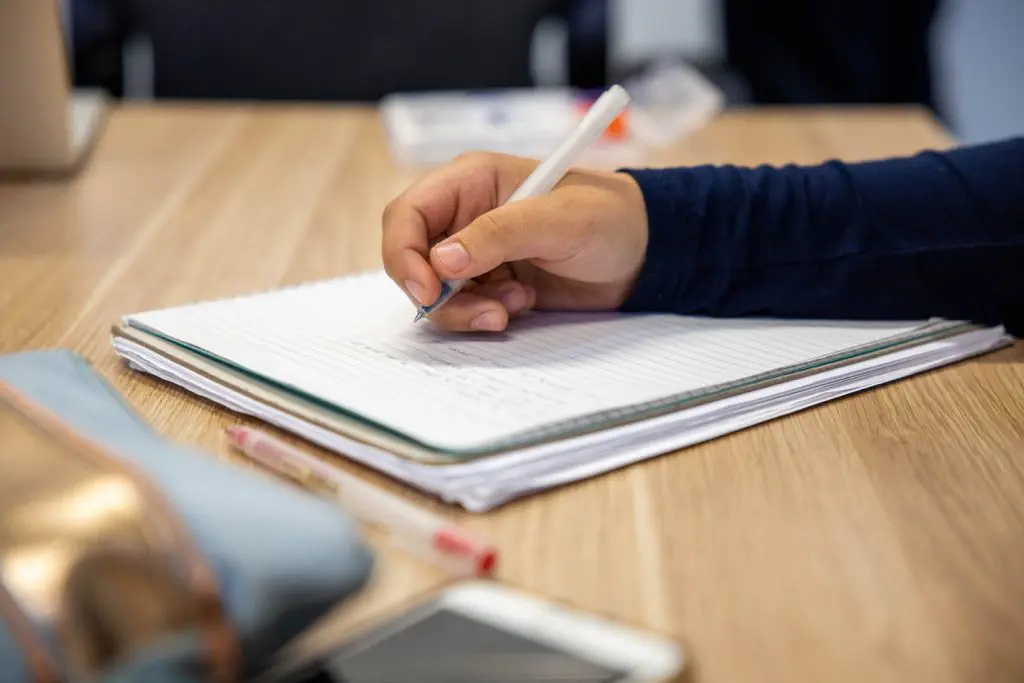
We’ve all been there – textbooks open, highlighters everywhere, and that sinking feeling that maybe you should have started studying a little earlier. Every year, I see my HSC students make the same mistake – leaving things to the last minute and relying on an intense cramming session the night before an exam. It’s understandable. There’s always so much to do, and it’s easy to feel like you have more time than you actually do. But the reality is, cramming doesn’t work. It creates stress, messes with sleep, and usually leads to forgetting half of what was studied. The students who perform the best aren’t necessarily the ones who study more – they’re the ones who study smarter.
I always encourage my students to start small and start early. You don’t need to spend hours every day drowning in textbooks. Even just 30-45 minutes of solid, focused study can make a huge difference if you do it consistently. Instead of just re-reading notes or highlighting, I push them to actively engage with the content – cover their notes, test themselves, and explain concepts in their own words. The ones who do this properly start noticing a shift; things start to stick, and they gain confidence in their knowledge.
A common struggle is planning. Many students say they’ll study “sometime today” but never actually get around to it. I get them to schedule it like an appointment – “From 4-5 PM, I’ll do past papers for English.” It removes the guesswork and helps them stay accountable. Speaking of past papers, they’re one of the best tools out there. I see a huge difference between students who regularly do timed practice questions and those who don’t. Not only do they get used to the structure of the exam, but they also become more confident in applying their knowledge under pressure.
The other big factor is sleep. I can always tell when a student has pulled an all-nighter before a lesson – they’re exhausted, foggy, and struggling to retain anything. I remind them that sleep is study. It’s when the brain consolidates information, and sacrificing it for extra revision often does more harm than good. The same goes for breaks – overloading the brain isn’t productive.
At the end of the day, my students who trust the process and pace themselves always perform better than those who rely on a last-minute cram session. It’s not about studying harder; it’s about studying smarter.
Carmen Yuen

